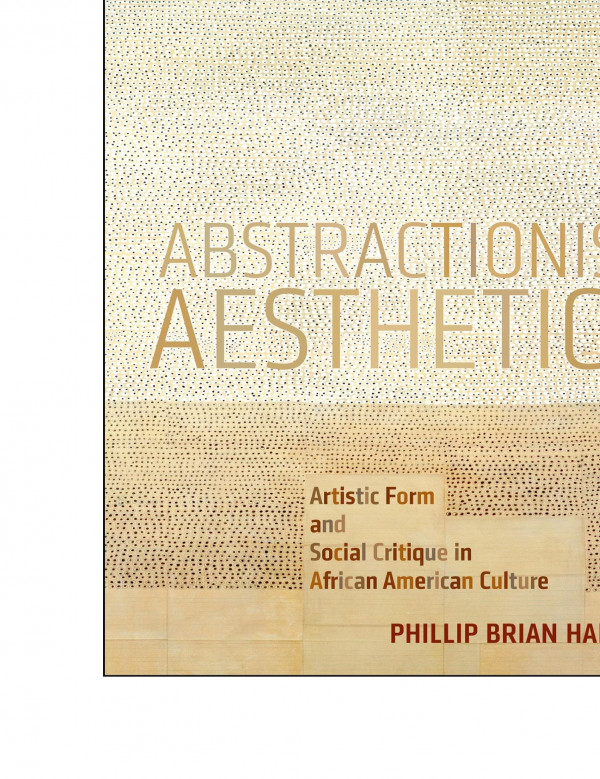

Most ebook files are in PDF format, so you can easily read them using various software such as Foxit Reader or directly on the Google Chrome browser.
Some ebook files are released by publishers in other formats such as .awz, .mobi, .epub, .fb2, etc. You may need to install specific software to read these formats on mobile/PC, such as Calibre.
Please read the tutorial at this link: https://ebookbell.com/faq
We offer FREE conversion to the popular formats you request; however, this may take some time. Therefore, right after payment, please email us, and we will try to provide the service as quickly as possible.
For some exceptional file formats or broken links (if any), please refrain from opening any disputes. Instead, email us first, and we will try to assist within a maximum of 6 hours.
EbookBell Team

5.0
28 reviewsAn artistic discussion on the critical potential of African American expressive culture
In a major reassessment of African American culture, Phillip Brian Harper intervenes in the ongoing debate about the “proper” depiction of black people. He advocates for African American aesthetic abstractionism—a representational mode whereby an artwork, rather than striving for realist verisimilitude, vigorously asserts its essentially artificial character. Maintaining that realist representation reaffirms the very social facts that it might have been understood to challenge, Harper contends that abstractionism shows up the actual constructedness of those facts, thereby subjecting them to critical scrutiny and making them amenable to transformation.
Arguing against the need for “positive” representations, Abstractionist Aesthetics displaces realism as the primary mode of African American representational aesthetics, re-centers literature as a principal site of African American cultural politics, and elevates experimental prose within the domain of African American literature. Drawing on examples across a variety of artistic production, including the visual work of Fred Wilson and Kara Walker, the music of Billie Holiday and Cecil Taylor, and the prose and verse writings of Ntozake Shange, Alice Walker, and John Keene, this book poses urgent questions about how racial blackness is made to assume certain social meanings. In the process, African American aesthetics are upended, rendering abstractionism as the most powerful modality for Black representation.